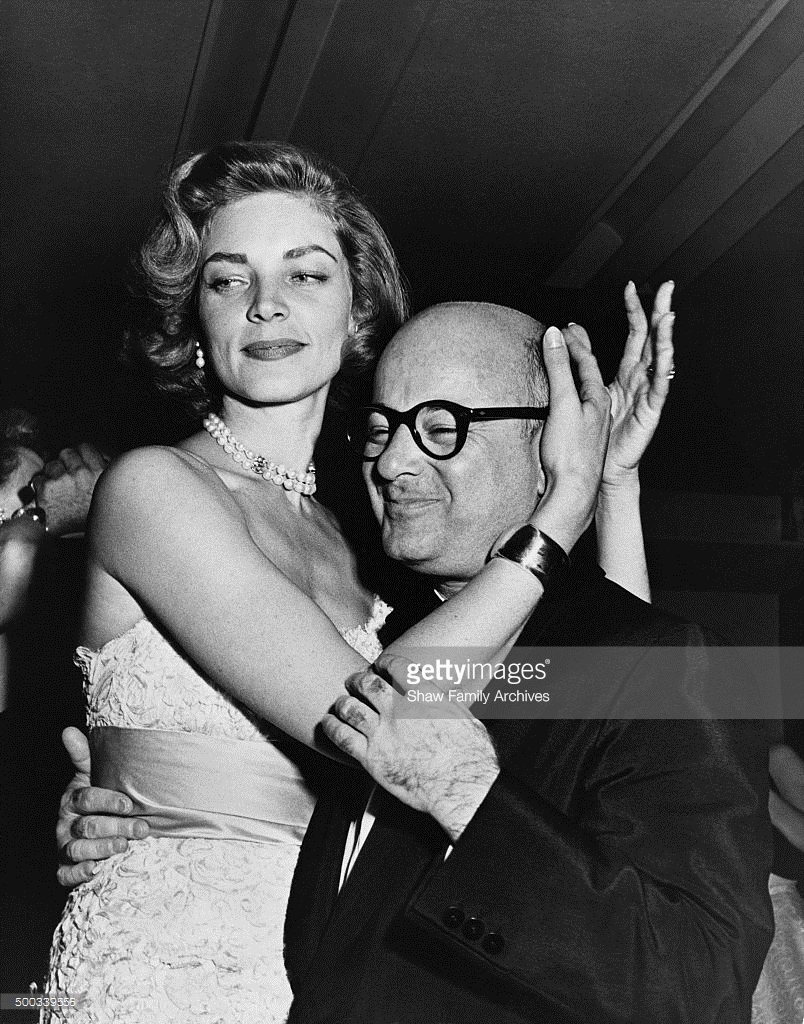

Lazar.Īfter the war, with Hart as his first client, mentor and role model, Mr. The meeting set in motion the stage and film success "Winged Victory," which earned $5 million for the forces' relief fund and a captain's rank for Mr. When he learned that the service was planning a revue to entertain enlisted men, he managed to arrange a meeting between the writer Moss Hart and the commander of the Air Forces, Such bands as Tommy Dorsey's and Gene Krupa's and acts for vaudeville and nightclubs.ĭuring World War II, he entered the Army Air Forces as a second lieutenant. Five years later, he joined the fledgling Music Corporation of America to get an agent's 10 percent commission rather than a lawyer's 1 percent. Lazar was hired by a Manhattan law firm and began representing people in show business. After attending Brooklyn public schools, he graduated from Fordham UniversityĪnd Brooklyn Law School. Lazar was born in the Brownsville section of Brooklyn, to Samuel Mortimer Lazar, a German-Jewish immigrant who was a butter-and-egg merchant, and the former Stari DeLongpre. He was also known, when traveling by car, to stop at hospitals because their lavatories are cleaner than those at gasoline stations. He denied an oft-told tale that he placed towels on floors of hotel suites to avoid contamination,īut he admitted he often draped towels over the backs of hotel sofas. Lazar's friends loved swapping stories about his idiosyncrasies, including his obsession with cleanliness, or what he termed a distaste for dirt. He said his two criteria for the parties were that "boredom must be avoided at allĬosts" and that "our guests are either associated with me or will be associated with me, whether they know it or not." Lazar had an unabashed fancy for celebrities and stars, giving them unstinting attention and regaling them with anecdotes, jokes and sumptuous supper parties. Then you grab the cash and catch the next train out of town."

His reason? "Then it's my word against the producer's." Asked in 1975 to summarize his philosophy, he replied: "In a deal, you give and take. He preferred to sell properties before they were published or produced. With my clients just a handshake is enough." He often represented both a buyer and a seller, and among his favorite expressions were "It's no contest" and "I'll take care of everything." I accept only 1 percent of the people writing or calling me. Every good writer has two agents, their own and Lazar. Lazar described his approach to business in these terms: "I frequently sell people I don't represent. We travel first class, we always have a suite, and I don't believe in restaurants that serve great food cheap. Whole point of having money, and working and making money, is to enjoy and spend it. I love it." Of the lavish style of life he and his wife, Mary, enjoyed, he concluded: "The "Of course I'm a salesman," he said in an interview in 1980.

I have tried to stop hisĮxciting excursions from the facts in the past, but it is like trying to stop an avalanche." Lazar," he wrote in a letter to the editor, "is a genial fabulist, who rolls huge sums in his mouth like giant lemon drops, and with the same kind of pleasure. This prompted the writer Irwin Shaw to inform The New York Times that, despite his agent's claim, he had never been offered half a million dollars for aīook. Lazar's coups were impressive in themselves, he rarely resisted hyperbole. Nixon, Cole Porter, Richard Rodgers and Herman Wouk.

Other clients included Noel Coward, Ira Gershwin, Moss Hart, Lillian Hellman, Ernest Hemingway, John Huston, Alan Jay Lerner, Frederick Loewe, Richard M. One of many gifts given to him was a silver box from the writer and commentator Quentin Reynolds, inscribed, "Lazar is our shepherd, we shall not want." His efforts enriched his many famous clients and brought him millions a year in commissions. Was known for his elegant, custom-made wardrobe, his oversize eyeglasses and the fact that he repeatedly punctuated interviews with business phone calls.
#SWIFTY LAZAR MOVIE#
Lazar was known to have coaxed, blustered, coddled and even made threats in the course of winning record fees for his clients' books, plays, movie and television scripts and performances. Lazar bet that he could clinch five separate deals for the film star It was given to him by Humphrey Bogart in the early 1950's after Mr. Lazar dubbed himself the "Prince of Pitch," but his more familiar nickname was Swifty. The cause was kidney failure, said Teresa Sohn, Mr. Irving Paul Lazar, the agent for scores of literary and entertainment luminaries, who was variously described as a brilliant wheeler-dealer, a lone-wolf dynamo and a manic egotist, died early Thursday night at his home in Beverly Hills, Calif.


 0 kommentar(er)
0 kommentar(er)
